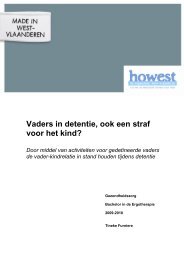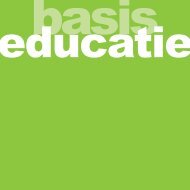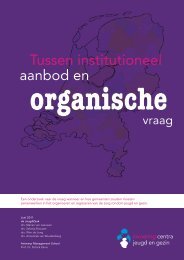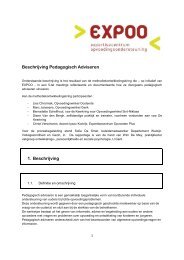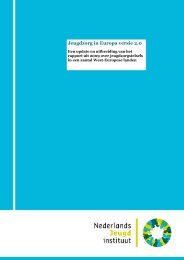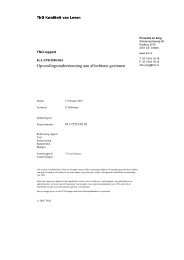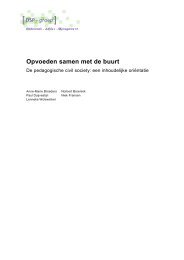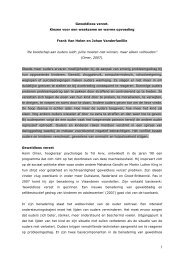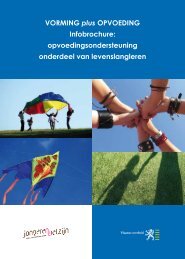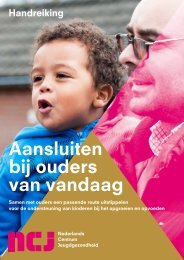Technique Is Not Enough (TINE) - British Psychological Society
Technique Is Not Enough (TINE) - British Psychological Society
Technique Is Not Enough (TINE) - British Psychological Society
- No tags were found...
You also want an ePaper? Increase the reach of your titles
YUMPU automatically turns print PDFs into web optimized ePapers that Google loves.
cost-effective and it has caused some stakeholders to question the desirability ofimplementing such programmes (e.g. Thoburn, 2010).Analysis of work conducted in the Incredible Years programme in both the United Statesand Wales has shown this finding quite consistently. In several studies more disadvantagedparticipants achieved equally good, and in some cases better, outcomes than lessdisadvantaged families (Hutchings et al., 2004; 2007; in press). It is vital therefore thatprogrammes reach the people who need them most. Patterson and Forgatch (1995) havedemonstrated that the effects of disadvantaging circumstances are mediated throughparents and that it is parental behaviour that directly impacts on children’s behaviour. Thisis extremely important as most low-income families do a good job of rearing their children.More broadly speaking, this also means that there is scope for good parenting support tohelp families that struggle with parenting to become more effective in their relationshipbuilding despite the impact of some socio-economic circumstances.The UN Convention on the Rights of the Child states that parties to the convention shouldensure children develop healthily and that they are properly cared for and protected. Assuch, children living in poverty with stressed parents who lack parenting skills, have a rightto be helped with their parenting. They are also entitled to assistance that will address thestresses brought about by the underlying socio-economic causes of their problems.3.4. Making evidence-based parenting programmes more sociallyinclusiveThese programmes must become more socially inclusive. By socially inclusive we mean thata programme is designed and implemented in such a way that it reaches – or is received by– as many of the children and families in its target population as possible. In this paper wesuggest this can be achieved by:■■■■improving recruitment and retention;co-producing a programme so it is culturally sensitive;building social capital amongst service users, implementers and the widercommunity; andensuring programmes are sustainable.In order to achieve this we believe that commissioners and parenting practitioners needaccess to a broad understanding of the psychological, sociological and ecological stressfactors underlying family distress and how these factors can be ameliorated throughsocially inclusive practice. In the context of parenting programmes effective socialinclusion strategies are based on practices that empower parents to be partners with theirlocal parenting practitioners and with parenting programme developers. Co-production isone such approach (Hunter & Richie, 2007).Co-production of implementation between service user parents and health, education andsocial care professionals can dramatically increase the successful recruitment and retentionof disadvantaged and socially excluded families. There is also a shift in power relationsinherent in co-production that can be used to support programme participants’acknowledgement of the importance of the multiple cultural forms that parentingknowledge can take and which ones are most often best suited to support marginalised20 Professional Practice Board




